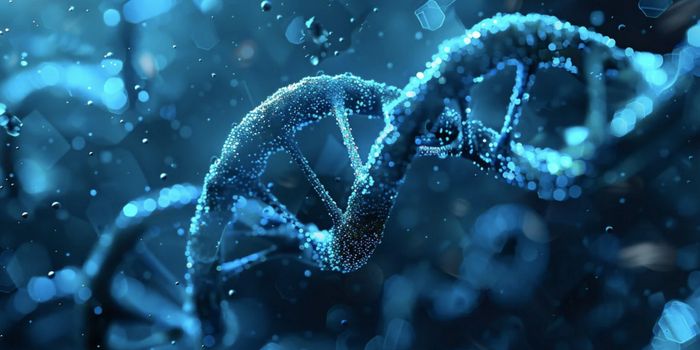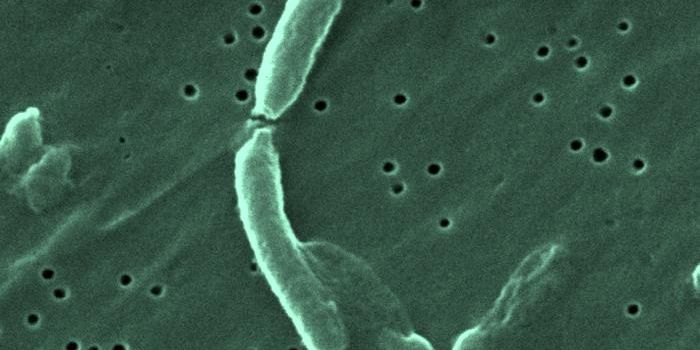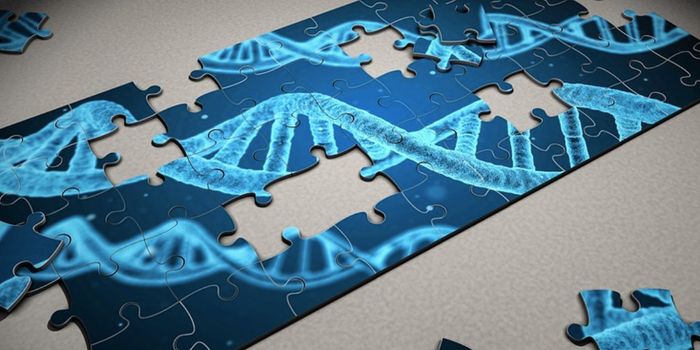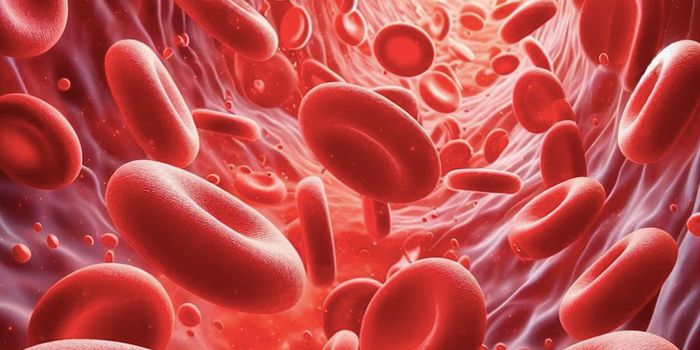A Genetic Link Between Early Risers & Anorexia is Found
The sleep-wake cycle, or circadian rhythm, is closely related to many aspects of our biology, including food intake. Disruptions in the circadian rhythm have been associated with a variety of disorders including depression. There is also an eating disorder called night eating syndrome, which is characterized by both eating and sleeping disturbances. A new study has now found a genetic connection between the eating disorder called anorexia nervosa and certain sleep patterns or disturbances, like being an early riser or having insomnia. The findings have been reported the journal JAMA Network Open.
Anorexia nervosa, or anorexia, is an eating disorder typically characterized by very low body weight, distorted perceptions of weight, intense fears of gaining weight, strong motivations to control weight, and severe restrictions on food intake. The cause of the disorder is still unknown. Many people with this disorder refuse treatment. Even when treatment are applied, there is a relapse rate of about 50 percent.
In this study, the researchers were interested in learning more about the genes that might link the circadian rhythm and eating disorders. A statistical method called Mendelian Randomization was used, which can help illustrate a causal connection between traits. This tool can help show whether people who are more genetically likely to have sleep disturbances are also at greater risk of having anorexia nervosa.
The researchers found a bidirectional link between genes that have been associated with anorexia and genes linked to waking early and going to bed early, called a morning chronotype. Thus, people who like to get up early may be at increased risk of developing anorexia, and people who have anorexia may start to get up earlier. A connection between insomnia and anorexia was also found.
"Our findings implicate anorexia nervosa as a morning disorder in contrast to most other evening-based psychiatric diseases and support the association between anorexia nervosa and insomnia as seen in earlier studies," said senior study author Hassan S Dashti, PhD, RD, an assistant professor at Harvard Medical School among other appointments.
Out of all psychiatric disorders, anorexia nervosa patients have the second highest mortality rate. More than half of people with anorexia also have another mental disorder. It's thought that around 28.8 million Americans will get an eating disorder at some point in their lives.
"The clinical implications of our new findings are currently unclear; however, our results could direct future investigations into circadian-based therapies for anorexia nervosa prevention and treatment," noted lead study author Hannah Wilcox, a researcher at MGH.









